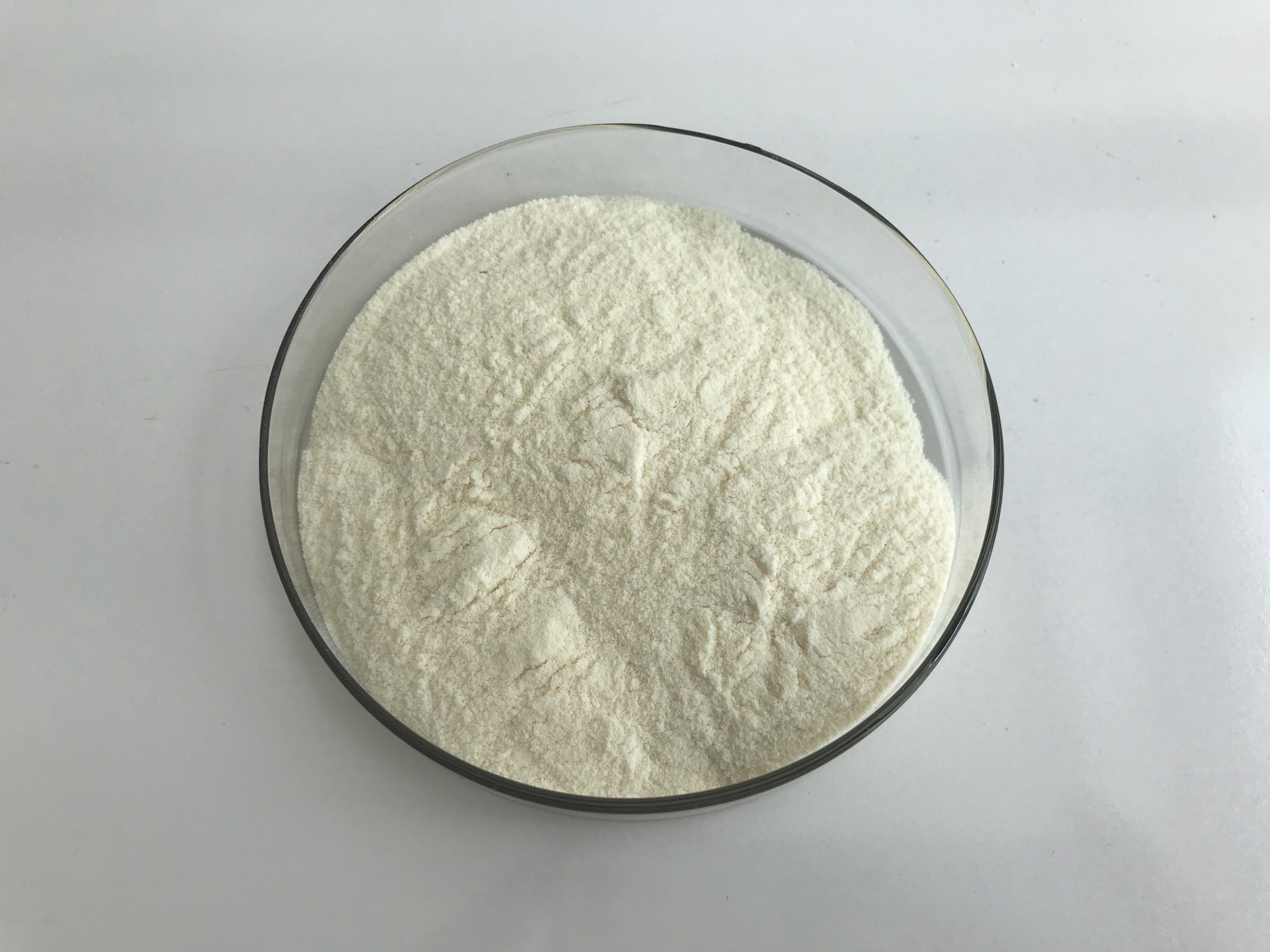Arachidonic Acid (AA) is a polyunsaturated omega-6 fatty acid that plays essential roles in the body’s physiological processes. As with any nutrient or bioactive compound, there are both potential benefits and drawbacks associated with Arachidonic Acid consumption. Let’s explore the pros and cons:

Pros of Arachidonic Acid:
1.Cell membrane structure: Arachidonic Acid is a critical component of cell membranes, contributing to their fluidity and stability.
2.Precursor to signaling molecules: AA serves as a precursor for various signaling molecules called eicosanoids, including prostaglandins, thromboxanes, and leukotrienes. These eicosanoids are involved in regulating inflammation, blood clotting, and immune responses.
3.Inflammatory response: Arachidonic Acid is essential for initiating the body’s inflammatory response to injury or infection. Inflammation is a vital defense mechanism that helps the body heal and fight off pathogens.
4.Brain health: Arachidonic Acid is necessary for brain development and function, particularly during fetal development and early childhood.
5.Athletic performance: Some studies suggest that Arachidonic Acid supplementation may enhance muscle growth and strength, potentially benefiting athletes and bodybuilders.

Cons of Arachidonic Acid:
1.Chronic inflammation: While inflammation is crucial for acute responses to injury or infection, excessive and chronic inflammation can lead to various health issues, including cardiovascular diseases and autoimmune disorders. Arachidonic Acid can contribute to these processes by producing pro-inflammatory eicosanoids.
2.Cardiovascular risks: High levels of Arachidonic Acid in the diet may increase the production of certain eicosanoids that can promote blood clotting and vasoconstriction, potentially raising the risk of cardiovascular events.
3.Dietary imbalance: The modern Western diet tends to be high in omega-6 fatty acids, including Arachidonic Acid, and low in omega-3 fatty acids. An imbalanced ratio of omega-6 to omega-3 fatty acids may contribute to chronic inflammation and various health problems.
4.Relationship with mental health: Some research suggests that high Arachidonic Acid intake relative to docosahexaenoic acid (DHA), an omega-3 fatty acid, may be associated with an increased risk of mental health issues such as depression.
5.Interactions with medications: Arachidonic Acid and its metabolites can interact with certain medications, potentially affecting their effectiveness or causing adverse reactions.

It’s important to note that Arachidonic Acid is considered an essential fatty acid, meaning it must be obtained from the diet since the body cannot produce it on its own. While it has important physiological functions, excessive intake of Arachidonic Acid and an imbalanced omega-6 to omega-3 ratio may have negative health implications. As with any dietary component, moderation and a balanced diet are key to promoting overall health and well-being. Before considering Arachidonic Acid supplementation, it’s crucial to consult with a healthcare professional or a registered dietitian to assess individual needs and po
